The lush green valleys of Colombia’s Coffee Triangle, a UNESCO World Heritage site, have become an unexpected epicenter for eco-tourism growth. Over the past five years, the region has seen a staggering 30% annual increase in visitors, drawn by its breathtaking landscapes, sustainable farming practices, and immersive cultural experiences. This surge isn’t just a fleeting trend—it’s a testament to how rural communities have reinvented themselves as guardians of biodiversity while sharing their heritage with the world.
Nestled between the Andean foothills, the departments of Caldas, Quindío, and Risaralda form the heart of the Coffee Cultural Landscape. What sets this destination apart is its commitment to preserving tradition without sacrificing progress. Farmers who once relied solely on coffee exports now welcome tourists to their fincas (coffee plantations), offering hands-on workshops from bean harvesting to roasting. The revenue diversification has been transformative; many families report earning more from tourism activities than from coffee sales alone.
The region’s success stems from a delicate balance between commerce and conservation. Visitors trek through cloud forests where toucans nest, following trails designed to minimize environmental impact. Local guides—often third-generation coffee growers—explain how shade-grown coffee protects migratory bird habitats. Hotels here aren’t just accommodations but sustainability showcases, with rainwater harvesting systems and architecture using bamboo and reclaimed wood. This authenticity resonates with travelers seeking meaningful connections beyond generic resort experiences.
Government initiatives have accelerated growth. The Colombian Tourism Ministry partnered with growers to create the "Coffee Tourist Route," a network of 47 certified farms with standardized safety and quality protocols. Meanwhile, infrastructure improvements—like the upgraded Pereira Airport—have made the region accessible without overwhelming its rustic charm. Perhaps most crucially, marketing campaigns highlight indigenous traditions, such as the Yipao Jeep parades celebrating coffee transport history, rather than relying on clichéd tropical imagery.
Demand has evolved beyond traditional demographics. While European retirees once dominated visitor logs, analytics now show spikes among millennial "digital nomads" booking month-long stays. Co-working spaces with specialty coffee bars cater to this new demographic, blending productivity with immersion. Adventure tourism also thrives, with coffee-themed cycling routes gaining international attention after featuring in the Tour de France documentary series.
Challenges persist beneath the boom. Some heritage advocates worry about commercialization diluting cultural authenticity, citing concerns over souvenir shops selling mass-produced trinkets. Water scarcity during peak seasons has forced stricter regulations on hotel construction. Yet the Coffee Growers Committee’s proactive stance—like requiring new tourism projects to obtain sustainability certifications—offers a blueprint for responsible growth.
As other agricultural regions eye Colombia’s model, the Coffee Triangle’s story underscores a larger truth: ecotourism succeeds when rooted in community ownership. Every espresso shot served to visitors here supports a family, preserves a hectare of forest, and writes the next chapter for a region that turned its crop into a global experience. With projections indicating the 30% growth rate could sustain through 2028, this cultural landscape is brewing a revolution—one sustainable cup at a time.
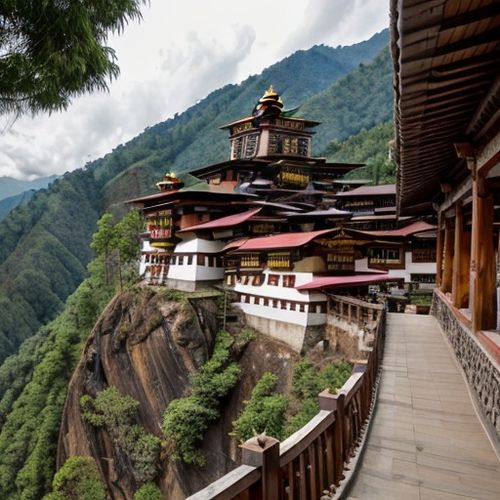
By Sophia Lewis/Apr 11, 2025

By Joshua Howard/Apr 11, 2025
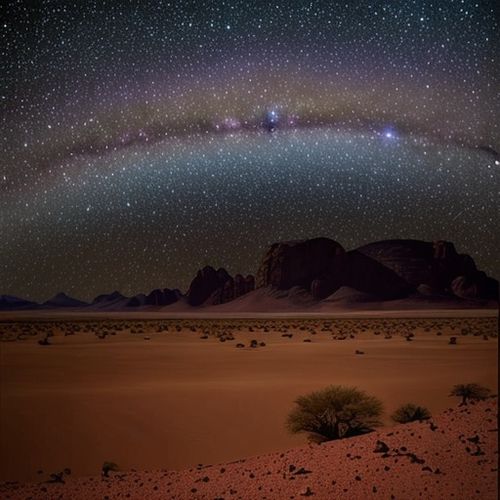
By Grace Cox/Apr 11, 2025
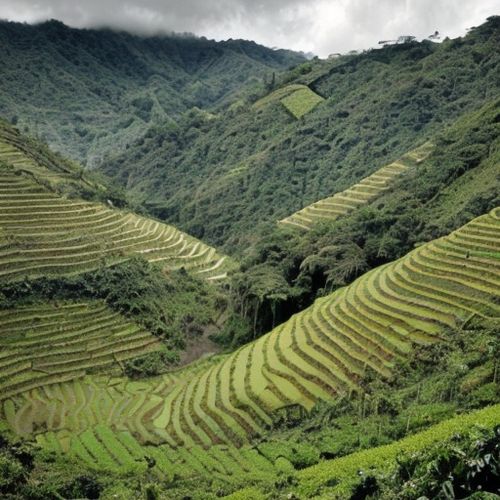
By George Bailey/Apr 11, 2025
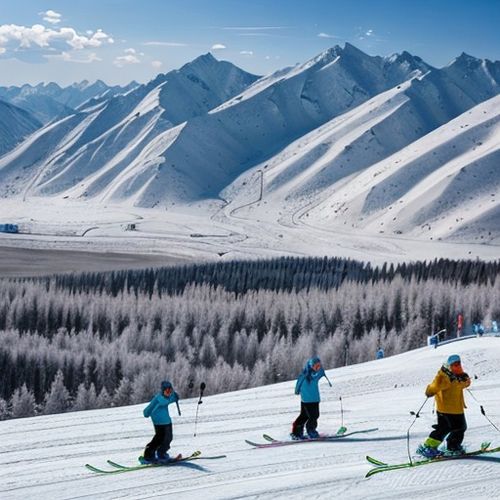
By Samuel Cooper/Apr 11, 2025
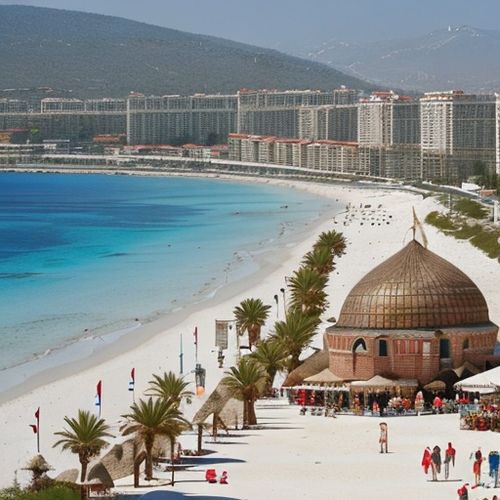
By Sophia Lewis/Apr 11, 2025
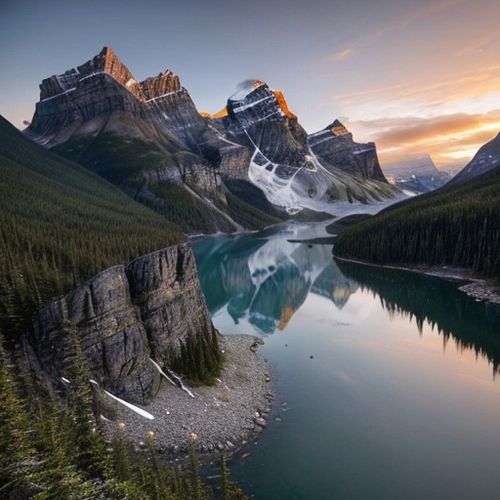
By Megan Clark/Apr 11, 2025
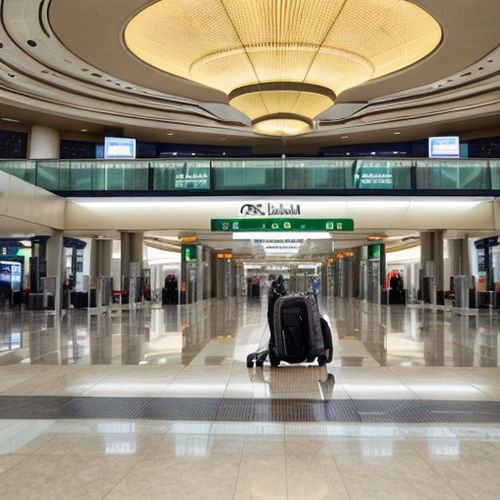
By Lily Simpson/Apr 11, 2025
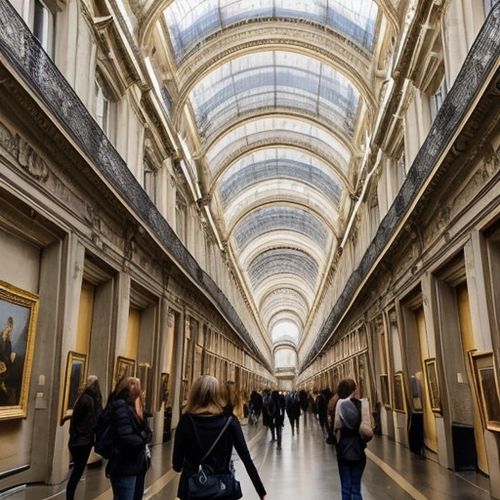
By Samuel Cooper/Apr 11, 2025
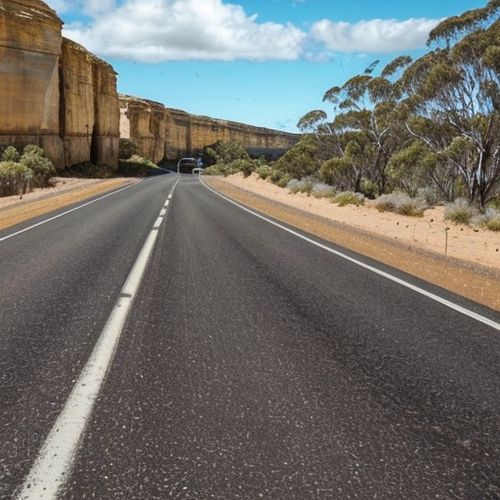
By Noah Bell/Apr 11, 2025
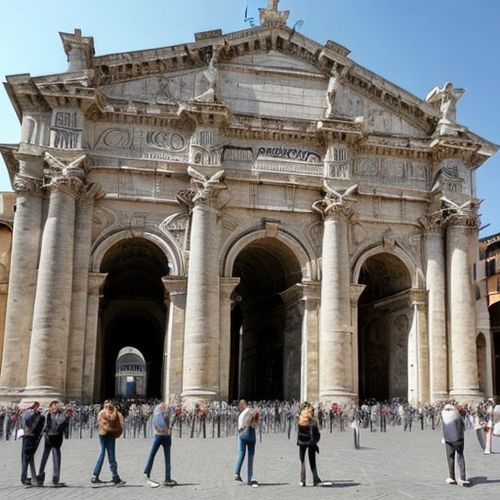
By Ryan Martin/Apr 11, 2025
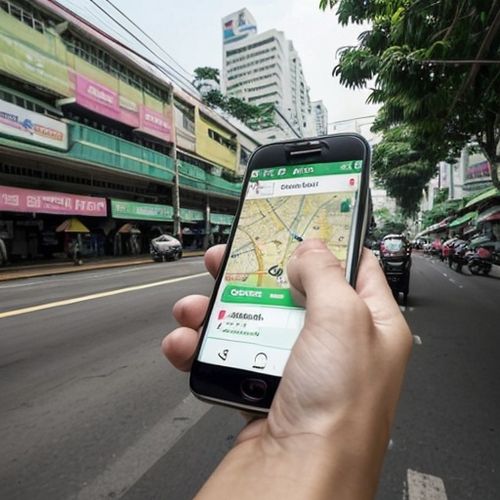
By John Smith/Apr 11, 2025
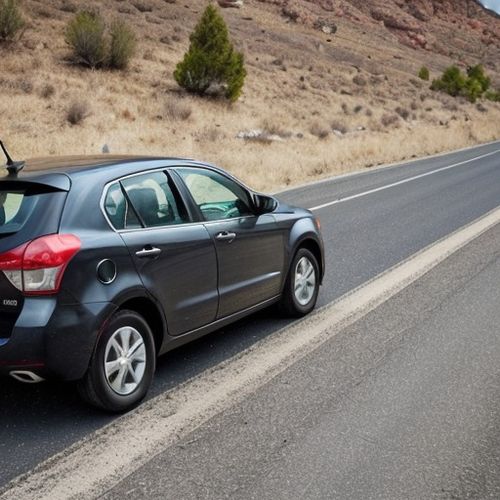
By James Moore/Apr 11, 2025

By Lily Simpson/Apr 11, 2025
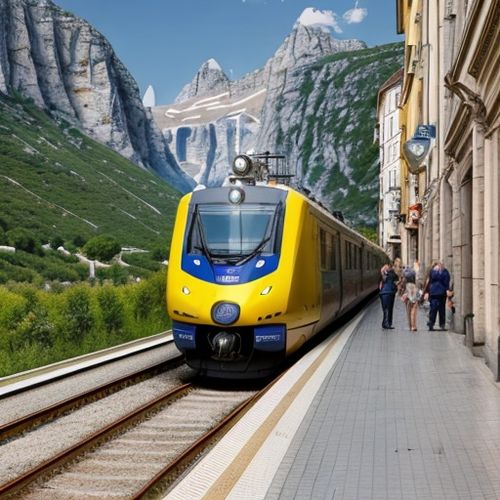
By Thomas Roberts/Apr 11, 2025

By Jessica Lee/Apr 11, 2025
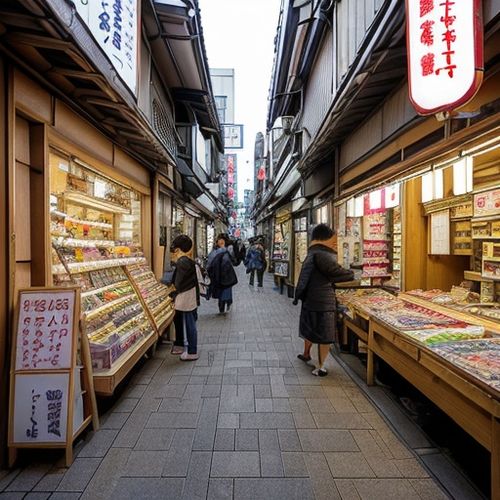
By William Miller/Apr 11, 2025

By Elizabeth Taylor/Apr 11, 2025
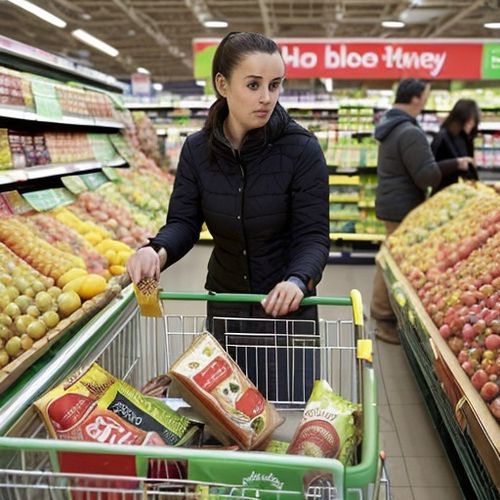
By Christopher Harris/Apr 11, 2025

By Eric Ward/Apr 11, 2025